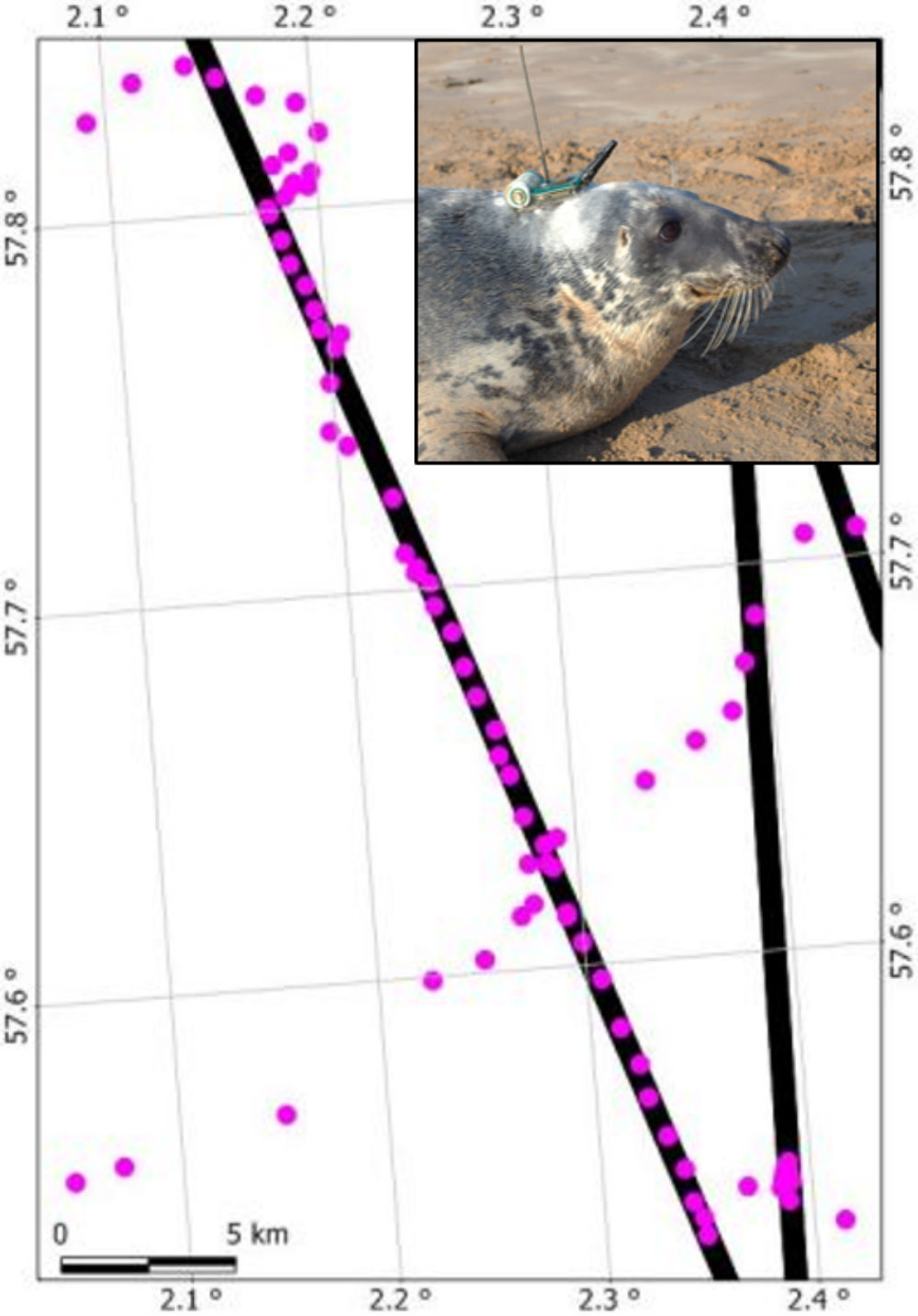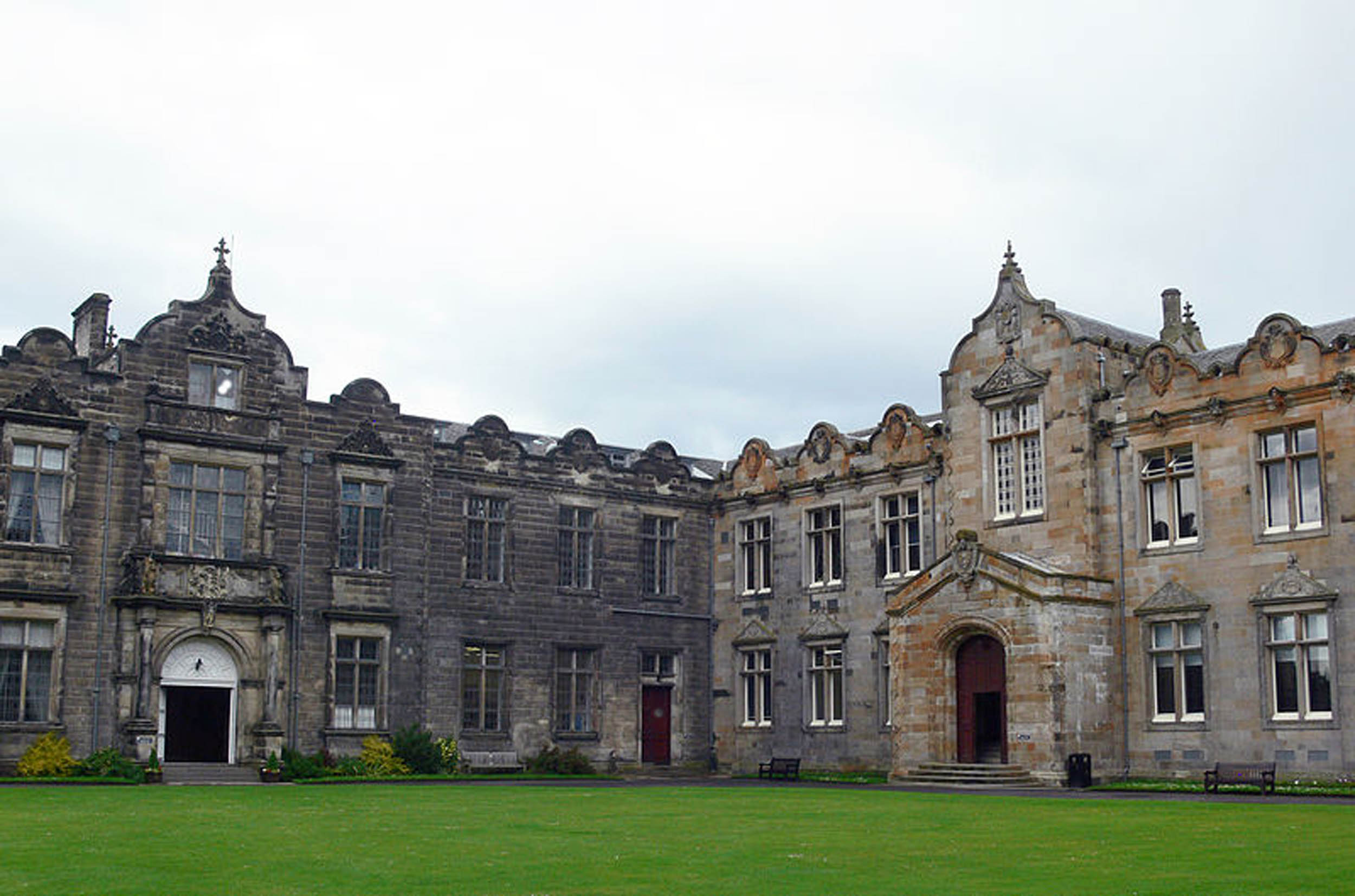An international collaboration led by the Sea Mammal Research Unit (SMRU) at the University of St Andrews has been awarded over £700,000 to investigate the impact of man-made structures on marine ecosystems in the North Sea.
EcoSTAR (Ecosystem-level importance of STructures as Artificial Reefs) is one of seven projects funded by the Natural Environment Research Council’s (NERC) INfluence of man-made Structures In The Ecosystem (INSITE) programme.
The project will combine the expertise of scientists from SMRU, the Centre for Environment, Fisheries & Aquaculture Science (Cefas), Aarhus University, The Royal Belgian Institute, and the Ecopath International Initiative.

The INSITE programme aims to address the overarching question of ‘How critical are man-made structures in the North Sea to ecosystem structure and function?’
The North Sea is one of the most industrialised marine environments on the planet, with thousands of man-made structures including oil and gas platforms, pipelines, subsea cable routes, and marine renewable energy installations.
Forthcoming changes and developments in the North Sea landscape, from decommissioning to new renewable installations may therefore have a significant impact on marine life.
There is mounting evidence that the effects of such structures on the local marine environment are complex, and may depend on the age, type, and operational status.

For example, structure installation can disturb marine mammals but once installed, they can host artificial reefs supporting diverse communities of marine life, which the EcoSTAR team have shown can attract marine mammals.
To ensure effective decision-making about removal and installation of such structures in the future, there is an urgent need to better understand their impact on marine life in the North Sea.
Current legislation requires that man-made structures (MMS) in the North Sea should be removed from the marine environment after their operational lifespan is complete.
EcoSTAR is an innovative multi-national project, taking an ecosystem-level approach to improve our understanding of the influence of structures on marine life in the North Sea.
To achieve this, EcoSTAR will combine data from a multitude of species and sources including data collected on invertebrates at structures, fish survey data and marine mammal tracking , diet and survey data to increase our understanding of the impacts of structures from the bottom of the food chain to the top.
Lead researcher Dr Debbie Russell, from the Sea Mammal Research Unit (SMRU), said: “Critically, the knowledge gained from this project will be combined with existing ecological and environmental data and knowledge of invertebrates, fish, food webs and fisheries, to predict the impacts of structures on the whole ecosystem using cutting-edge ecosystem models.
“This will allow the prediction of the impacts of the removal of old structures, such as oil and gas platforms, and addition of new structures, such as offshore wind turbines, on the marine ecosystem and implications for commercial fisheries.
“The findings of EcoSTAR will facilitate the development of environmentally sustainable management strategies for the North Sea as a whole, and specifically with regards to the addition and removal of these structures.”
Professor David Paterson, Chair of Marine Alliance for Science and Technology for Scotland (MASTS), and coastal ecologist at the Scottish Oceans Institute, University of St Andrews added: “The question of what should be done with offshore structures at the end of their life is one that attracts interest and controversy from across industry, science, the public, NGOs and government communities. “
“The decisions relating to decommissioning policy, planning and practice are often difficult and scientific evidence such as that coming from INSITE projects such as EcoSTAR should be a core consideration in each individual case.”
“Funding of this type from NERC is testament to the importance being attributed to this field of science and the need for careful planning into a sustainable future.”

